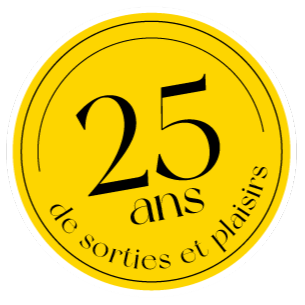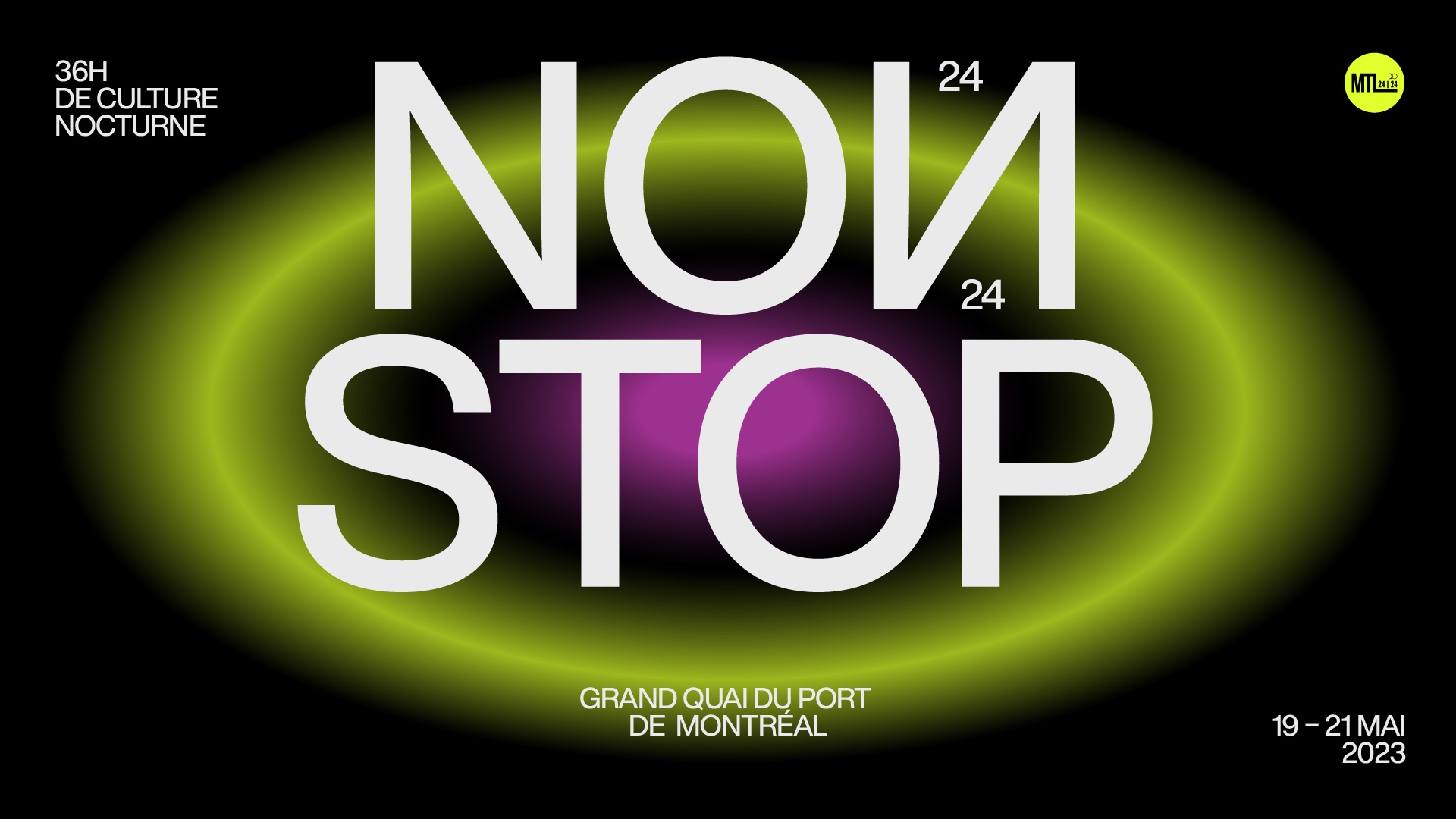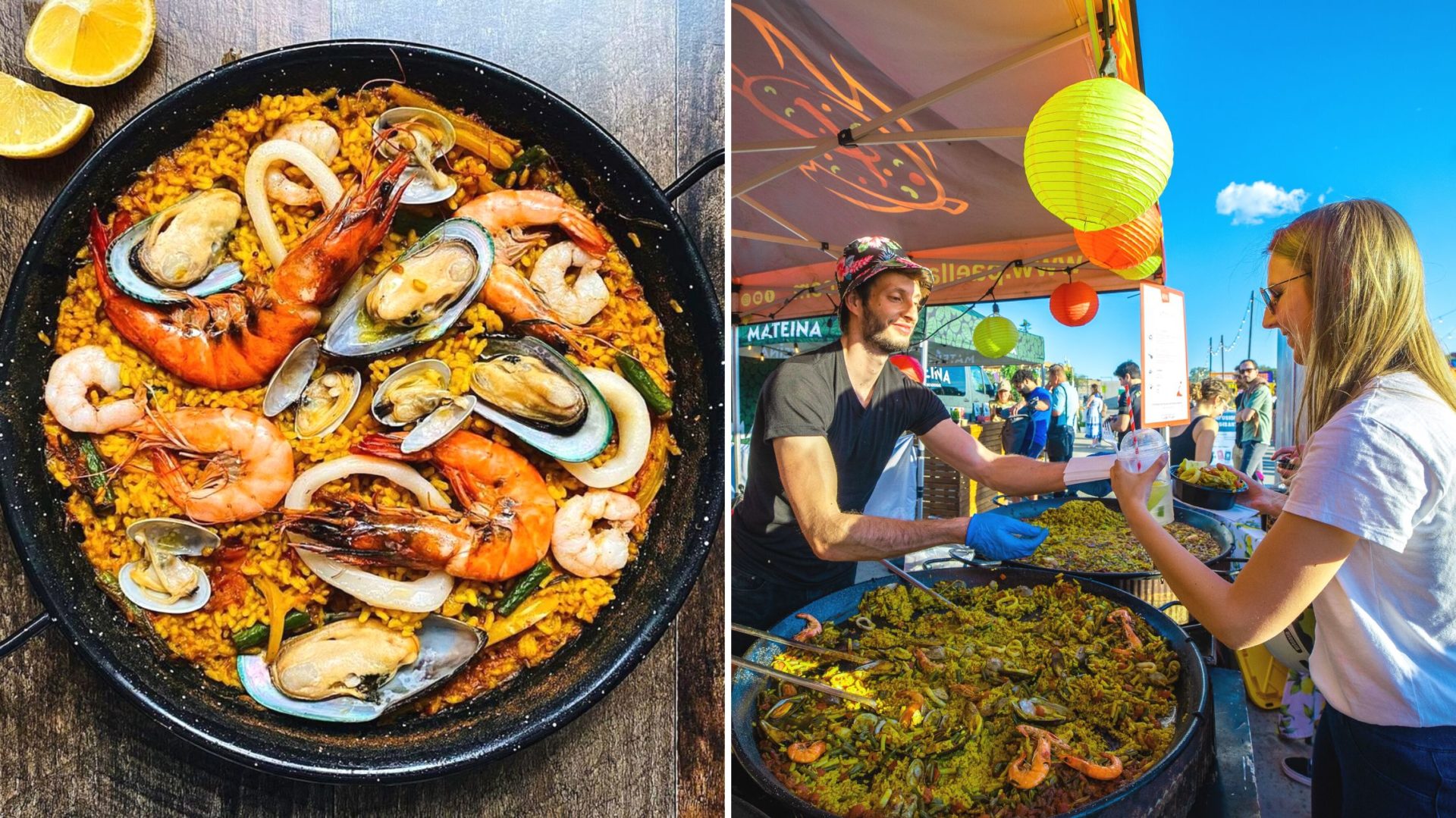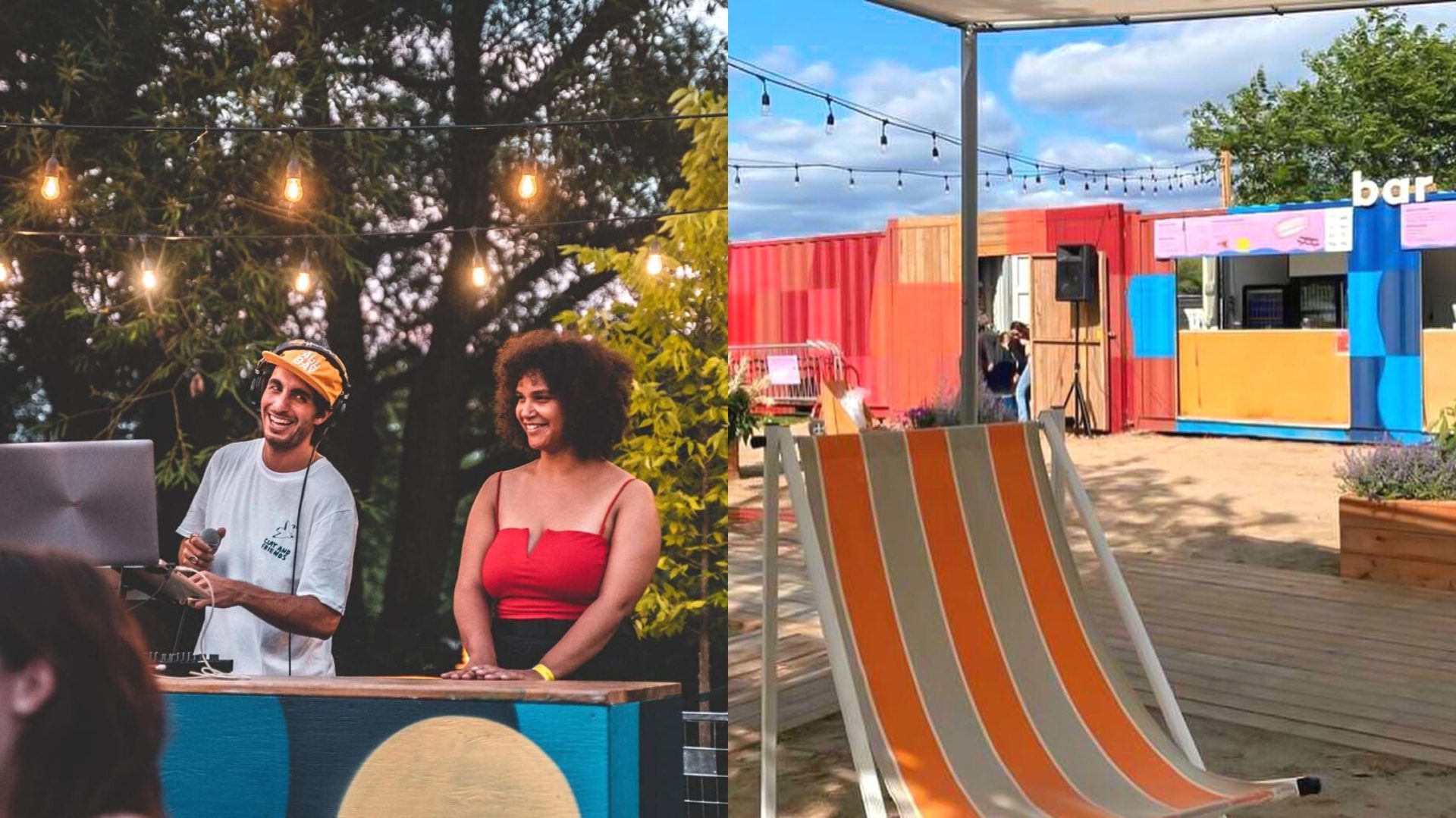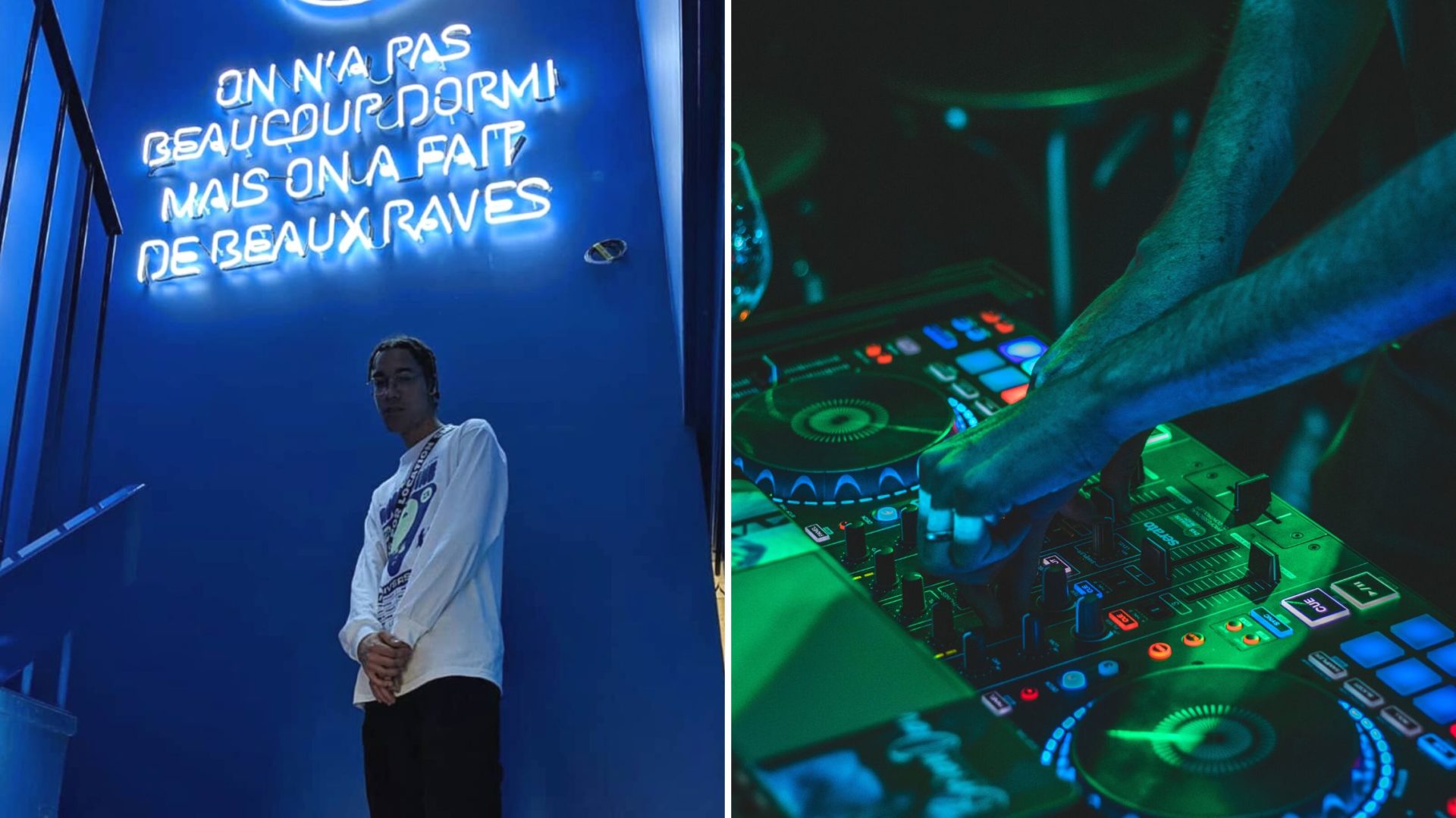
“You can’t really rely on anything else than your ears and gut feeling, so guidelines or protocols are useless. The most important thing to follow is your neck, if you make a demo and your neck is moving back and forth, it’s a good sign.”
P-Thug, one half of Chromeo and international ambassador of all things funky, has been keeping these simple yet wise words in his heart for a long time. Before the dancefloor anthems, the spear-heading of an ‘80s revival and the co-headlines at Bonnaroo with Darryl Hall from Hall & Oates, the story starts with two kids from Montreal who felt removed from their respective communities and found their true pleasure in dusty old record stores, deep down in the crates, keeping their necks exercised. “I never really hung out with other Jewish kids and he [P-Thug] didn’t really hang out with Lebanese kids,” explains Dave One, singer and frontman of the duo “If anything, we both hung out with Haitian kids. What really shaped us as kids was going to crazy, second-hand record stores and buying records for cheap.”
Tracing back Chromeo’s musical evolution through the past fifteen years is like peeping through a looking glass into our current generation’s relationship with sound, style, trends and aesthetic, but the two best friends apparently had a crystal ball in their hands that gave them a scoop on the next big thing a few years before the rest of us. It began with the formation of a high school band and, as the two friends discovered funk together, they embarked on a never-ending quest for records, which led to dabbling with production and a natural progression of a heavy involvement in the local hip-hop community.
“I’m gonna sound like an old school hip-hop dude from Montreal,” says Dave One about the formative years, “but to me it’s a cause and effect thing. I got known in Montreal by making hip-hop beats and the way I got known was that I was doing stuff with my crew, my brother [A-Trak] winning the championships obviously gave us a lot of attention in the city and so people gave us a shot. Shades of Culture asked me to produce their first album, DJ Choice really put me on, and also in the French scene working with Dubmatique, Sans Pression and Muzion. That’s how I made a name for myself. We were putting out hip-hop records with my indie label and we were the only people in Montreal that had a deal with Fat Beats. For us it started with our crew, our label, our little unit, my brother and all the Montreal groups that asked me to make beats for them and helped me build my catalogue.”
Along came Tiga
Hearing Dave reminisce on these years gives a nostalgic glimpse into what some consider Montreal’s hip-hop golden era, but also forces one to ponder how this all led to Chromeo. P-thug explains the catalyst: “We were both working at a record store, Science. I was the accountant and Dave was manager. That’s how [internationally-
known techno producer] Tiga got in the mix because he was working downstairs at DNA, the techno store. He had heard Dave’s hip-hop production and wanted Dave to do a project on Turbo. That was a good occasion for us to start doing music as a band again. Dave called me up and told me about it. We pulled our instruments back out and started with a couple of demos, which Tiga liked and he signed us as Chromeo.”
Before their first album She’s in Control was released, neither of them thought this would be much more than a one-time side project. “When P and I started Chromeo, we didn’t tell anyone,” admits Dave with an honest-to-God tone. “We were like ‘man, they’re gonna think we’re gay.’ Not that there is anything wrong with being gay but we thought it was going to be totally misunderstood. ‘Singing about girls…there’s no way I’m telling anybody about this!’ It was our secret side project and I would normally get back into making hip-hop. But it happened in a way that it naturally took off and became more fun, and more musically challenging. Hip-hop was changing and I didn’t know how to produce like Swizz Beats or the records that were coming out at the time, so I moved away from it.”
From experiment to invention
In 2004, She’s in Control marks Chromeo’s first introduction to the world and proves to be a slow-burning success, with the single “Needy Girl” making its way to become an international underground hit. “The first record was us experimenting,” explains Dave. “It was us trying to make these records like the ‘80s records we love. We were like ‘oh man that’s my voice, I can sing, really? Cool!’” We had just discovered Daft Punk’s Discovery and we wanted to take what they did even further.”
The follow-up album Fancy Footwork cemented the group and proved that Chromeo wasn’t a joke, an ironic band or a one-time thing. With the mixing touches of acclaimed French producer Philippe Zdar, the second record sounded much more accomplished in terms of songwriting and aesthetic credibility. The logo and cover art gave the group a strong visual identity and songs like “Momma’s Boy” or “100%” put them in a zone that surpassed the ‘80s revival label that was trailing them. Chromeo was no longer just about channeling one style, the inspirations were coming from elsewhere now.
Third time’s a charm
“What we did years ago is not that original anymore,” admits Dave. “A million people are doing talk box and taking inspiration from ‘80s funk. So what direction can we push that’s not the trendy way to go?” Upon first listen of the new record Business Casual, the most obvious musical observations that pop out are the attention to details, sounds, harmonies, chord progressions and the presence of more complex arrangements throughout most of the album, which distinctively moves them away from ‘80s funk and closer to other musical references.
The first single “Night by Night” displays a whole string section at work on the rhythm and the melody while its follow up “Don’t Turn the Lights Off” ups the ante with a entire gang of sound effects and an infectious siren that steals the chorus. “Don’t Walk Away” is a love ballad that instantly evokes images of sunset backgrounds, sailboats and martinis, while others like “The Right Type” without a doubt draw from TV theme music and the closing number “Grow Up” is a direct tribute to Billy Joel, or Wham!’s “Wake Me Up Before You Go-Go,” or perhaps even the soundtrack to Ferris Bueller’s Day Off.
“Now, everybody knows about ‘80s funk records but you guys forgot that in the ‘80s, people were also doing their own version of rockabilly music.” Another novelty on this album is Chromeo’s first complete song in French, “J’ai claqué la porte,” a light-hearted break-up track inspired by late ‘70s/early ‘80s French “variété” music like Francis Cabrel and Les BB. And just to balance things off on the other end, songs like the opener “Hot Mess” keep things dirtier and funkier than ever before with a simple formula: chunky bass lines and hard-hitting drum kicks.
The Real Deal
“For our music to be credible, it’s gotta sound like it’s the real deal,” explains Dave, “otherwise it’s gonna sound like two kids doing joke songs on their laptops.” This is why to this day, they only use vintage synthesizers, record onto tape, and do everything necessary to keep the sound authentic. For Business Casual, in addition to getting the usual helping hand from Zdar, they tapped famous producer Larry Gold to direct the string sections on some of the songs. They also recorded half of the album in New York, not for musical reasons but due to Dave’s academic schedule (he is finishing a Master’s in French Literature), which in turn must have had a small effect on the recording process, although the two remain totally in tune with each other and mostly agree on everything, including letting go of an idea if the other one is not so much into it.
“As much as we love and cultivate ‘70s and ‘80s music clichés, we make the difference between good clichés and bad clichés,” explains P. “This is the secret, you have to know what’s cheesy but also undeniably good and what’s cheesy and just plain bad. And that works for everything: fashion, paintings, sculptures, etc…We try to embrace our guilty pleasures as much as possible, hoping people will get it. That’s a challenge, to be able to fulfill your musical fantasies and not alienate your fans that are expecting one thing. We try to take them with us in our evolution, we can’t just wake up one morning and say ‘let’s do a jazz album.’ The motto is: Once you stop having fun is when you should stop making music.”
And thankfully, it doesn’t seem like these guys are ready to stop either.
